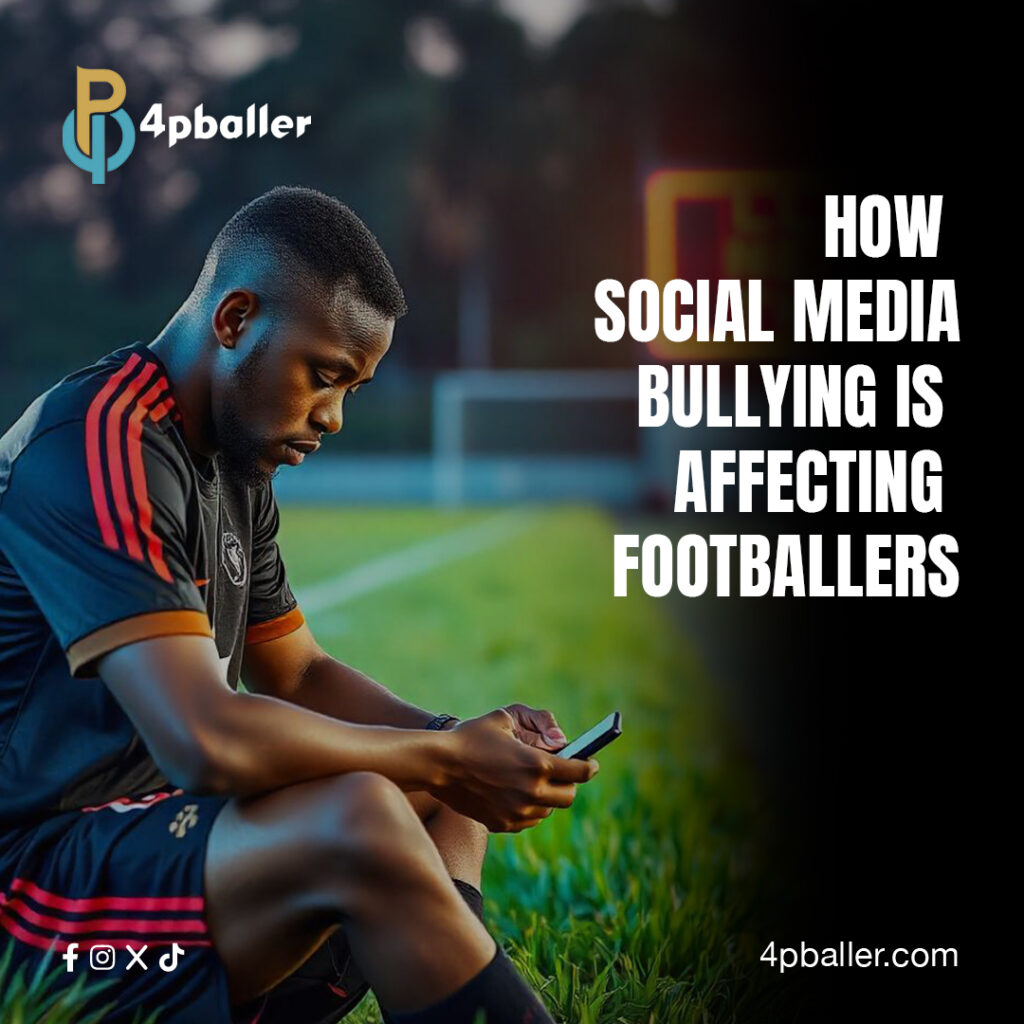In an era where social media connects fans directly with their sporting heroes, a disturbing trend has emerged: the rise of online harassment targeting professional footballers. What was once limited to stadium chants now reaches players’ phones 24/7, raising serious concerns about mental health in professional football.
The Scale of the Problem
Recent statistics paint a troubling picture:
- 44% of professional footballers report receiving discriminatory abuse online
- 87% of players have witnessed online harassment of colleagues
- A 2023 study revealed a 350% increase in online abuse targeting footballers since 2019
- During the 2020-21 season alone, Premier League players faced over 12,000 abusive messages
Marcus Rashford: A Case Study in Online Abuse
Perhaps no player better exemplifies this challenge than Marcus Rashford. After missing a penalty in the Euro 2020 final, Rashford faced:
- Over 70 racially abusive tweets per minute
- 120,000+ negative social media mentions within 24 hours
- Constant death threats and racial slurs
- Vandalism of his mural in Manchester
The England forward later revealed he had to take a social media break and seek psychological support to cope with the barrage of abuse.
The Mental Health Toll
Research by the Professional Footballers’ Association (PFA) shows:
- 38% of players experience anxiety due to social media abuse
- 42% report symptoms of depression linked to online harassment
- 64% admit to checking their social media less frequently due to fear of abuse
- 27% have considered quitting social media entirely
The psychological impact of cyberbullying on footballers is significant. Mental health professionals have identified several key effects, including performance anxiety, with 73% of players reporting increased pressure due to social media scrutiny. This leads 45% of players to play more cautiously to avoid online criticism. Cyberbullying also disrupts personal lives, with 68% reporting impacts on family relationships and 52% experiencing sleep disruption. The severity of the issue is evident in the fact that 41% of players have sought professional psychological help. Such experiences can even influence career decisions, with 35% considering early retirement due to online abuse. The concern is so widespread that 48% of footballers discourage young players from using social media.
Fighting back against cyberbullying requires a multi-faceted approach. Clubs are taking proactive steps, with 85% implementing social media training for players, establishing dedicated digital security teams, and providing mental health support. Social media platforms, like Instagram, are also making strides, reducing hate speech by 45% through AI detection and increasing the removal of abusive content by 90%. Additionally, stricter verification processes are being implemented. On the legal front, the UK Online Safety Bill aims to target online abuse, and successful prosecutions of online trolls have increased by 150% since 2020. Enhanced cooperation between clubs and law enforcement further strengthens the fight against cyberbullying.
Coping with Cyberbullying: Mental Strategies for Footballers
Cyberbullying can have a profound impact on footballers’ mental health. Here are some strategies to help them cope:
- Limit Social Media Exposure:
- Set Time Limits: Allocate specific time slots for social media to avoid excessive exposure.
- Curate Your Feed: Follow positive accounts and unfollow toxic ones.
- Take Breaks: Regularly disconnect from social media to reduce stress.
- Develop Strong Coping Mechanisms:
- Mindfulness and Meditation: Practice mindfulness techniques to calm the mind and reduce anxiety.
- Physical Exercise: Engage in regular physical activity to release endorphins and improve mood.
- Seek Professional Help: Consult with a therapist or sports psychologist to develop effective coping strategies.
- Build a Strong Support Network:
- Family and Friends: Lean on loved ones for emotional support and encouragement.
- Teammates: Share experiences with teammates who may have faced similar challenges.
- Mentors: Seek guidance from experienced players or coaches.
- Practice Self-Compassion:
- Positive Self-Talk: Challenge negative thoughts and replace them with positive affirmations.
- Self-Care: Prioritize self-care activities like hobbies, relaxation, and spending time in nature.
- Celebrate Achievements: Focus on positive accomplishments to boost self-esteem.
- Report and Block:
- Report Abuse: Use social media platforms’ reporting tools to flag abusive content.
- Block Trolls: Block users who consistently post negative or harmful comments.
Success Stories
Some positive developments include:
- Chelsea FC’s “No To Hate” campaign reduced player-targeted abuse by 40%
- Liverpool FC’s reporting system led to 35 successful prosecutions
- Manchester City’s digital protection program showed a 65% decrease in direct player abuse
Looking Ahead
The football community must continue to:
- Advocate for stronger platform regulations
- Support affected players openly
- Invest in protective technology
- Promote positive fan engagement
- Create safer online spaces
Conclusion
While social media remains an invaluable tool for connecting players with fans, the cost to mental health cannot be ignored. The solution lies not in abandoning these platforms but in creating a safer, more accountable digital environment where football’s finest can engage with their supporters without fear of abuse.
As Brighton manager Roberto De Zerbi noted, “Football should unite people, not divide them. Social media should be a place for celebration, not persecution.” It’s time for everyone involved in football to ensure these words become reality.

